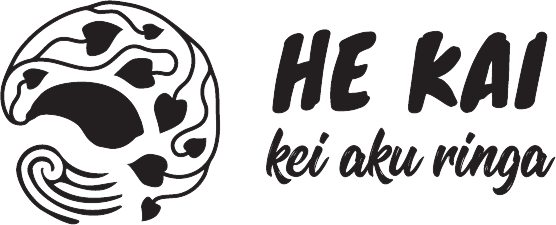07 Aug Part 3: How digitally prepared is the workforce?
The possibilities and innovations in the digital space are opening up new ways in which to engage with our Māori communities. Technology can provide opportunities to connect more whānau with their whakapapa, marae, iwi, iwi histories, tikanga, etc through virtual technologies – thus improving identity, self-esteem, resilience, and connectedness.
However, there are also many challenges for tikanga and data sovereignty. For example, ensuring Māori ownership and control/influence over Māori data and insight, and ensuring our involvement as Māori in creating and leading in the ‘driver’s seat’ rather than as passive participants in the process. Te Mana Raraunga – the Māori Data Sovereignty Network provides some good information, resources and research around Māori data.
From a tikanga and values perspective, balancing and retaining the custom of ‘kanohi-ki-te-kanohi’ (and all the benefits this delivers) in an increasingly digital/virtual world is a challenge; What can we as a workforce do to ensure that we, our whānau and Maori communities are not ‘left behind’ (increasing in-equity) due to differing levels of digital literacy and access? Parts one and two of this series made a few suggestions.
A small research exercise undertaken by our Toi Tangata CEO last year looked at the Māori health promotion model, Te Pae Mahutonga, (Professor Tā Mason Durie) alongside Emerging Digital Technology. For example, ensuring access to te ao Māori – including te reo and tikanga – is an important component of mauriora. The emerging digital technology can support whanau through increased access to te reo Maori, and a wider variety of platforms and tools to access cultural activities.
Augmented Reality (AR) provides opportunities to share tribal histories and knowledge, and social media platforms also provide communication opportunities. While AR and VR (Virtual Reality) provide opportunities to experience the environment, the importance of Waiora linking human connection to the physical environment cannot be overlooked. The spiritual and intrinsic links (including whakapapa) that come from connections to the environment are an important component of wellbeing. For those that cannot access the physical location AR can help provide another experience (but not replace).
Toiora focuses on healthy lifestyles – emerging technology provides a range of opportunities. Participants who participated in the research identified a range of examples such as; wearable technology, wellbeing apps, social media, big data and AR for the opportunities that these technologies have in increasing wellbeing. AR resources have the potential to draw Mauriora, Waiora and Toiora together through aps such as Arataki cultural trails. Check out the Puni Reo Poitarawhiti app developed through myReo studios and Te Puni Kokiri.
Te Oranga, the fourth star, represents participation in society. Wellbeing and Te Oranga as identified by Durie is dependent on the terms on which Māori can participate in society. As Durie identifies, it is also the confidence in which individuals and whanau can access services. In the context of emerging technology this has important implications for accessing technology, building digital literacy and the confidence in which individual and whanau can engage in the future of work and education. A digitally literate and competent Maori workforce will be important to access new roles. It is important that opportunities to build digital knowledge are provided, recognising that disruption in many sectors will require upskilling.
The digital education provided should be transformative and not lend itself to creating further inequalities. Education and Employment are important determinants of health.
The two pointers Nga Manukura – Leadership and Te Mana Whakahaere are important in the development of emerging technologies at many levels community, tribal, educational, political, social and economic. While tikanga was identified by some participants as adaptable, emerging technology is also a challenge to some of the principles within te ao Māori. At the technology level ensuring rangatiratanga over data and intellectual property rights, and leadership to ensure Māori are active players in the digital economy. Big data provides the opportunity to access a wider range of information which can be used in planning. Partnerships which encourage collaboration, economic and skill development and need to be sought.
Check our Karaitiana Taiuru’s blog which provides useful commentary and considerations on a range of issues for us in the EDT space


